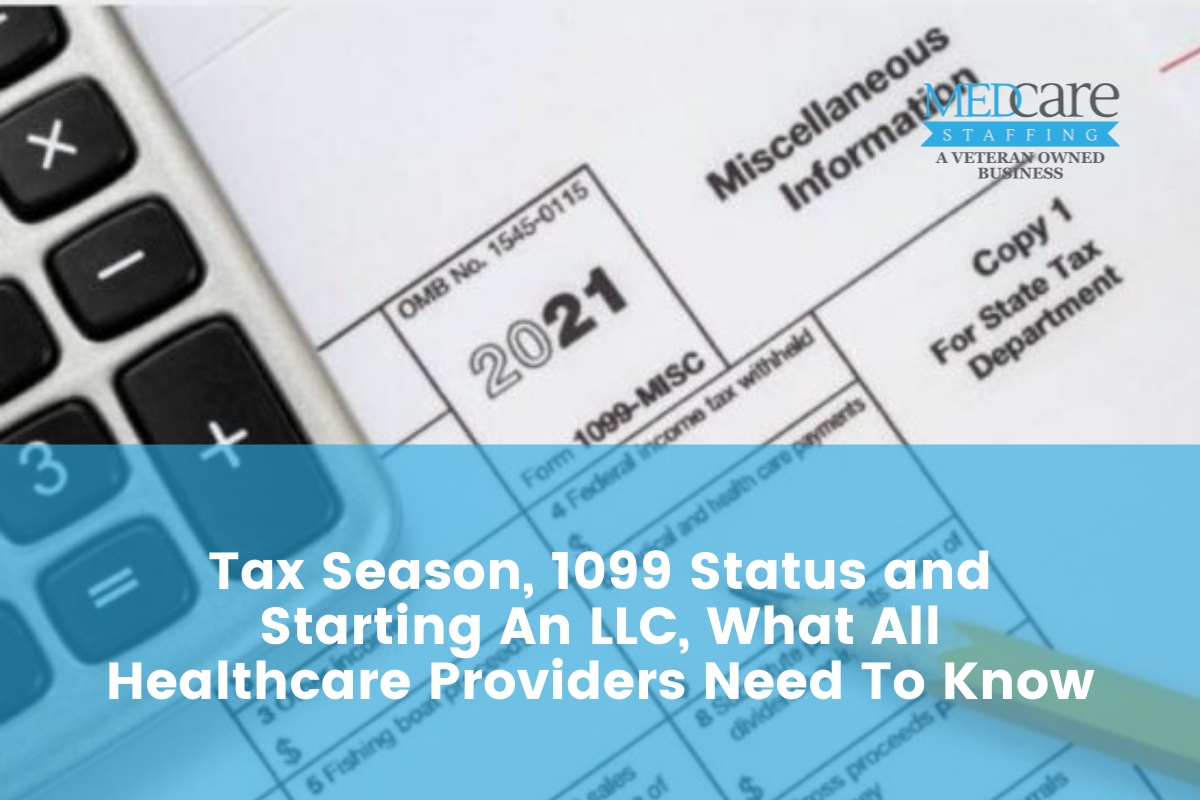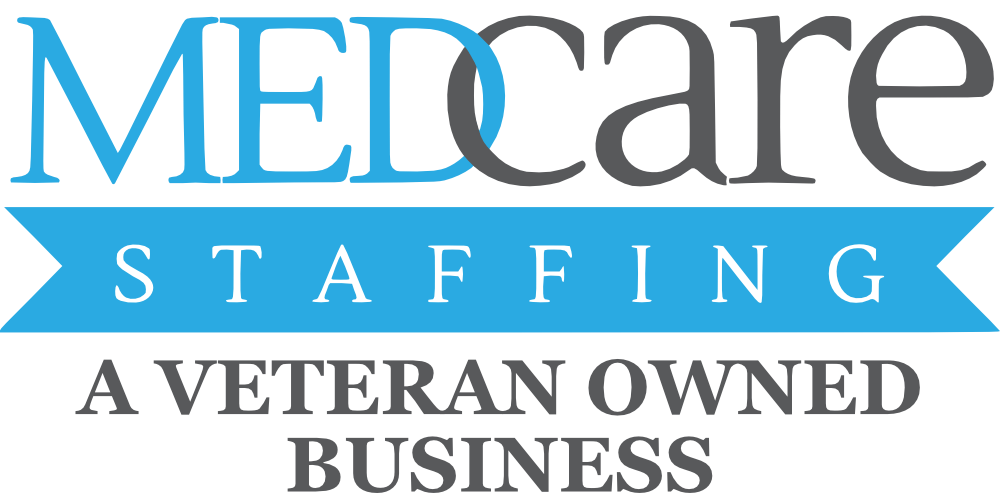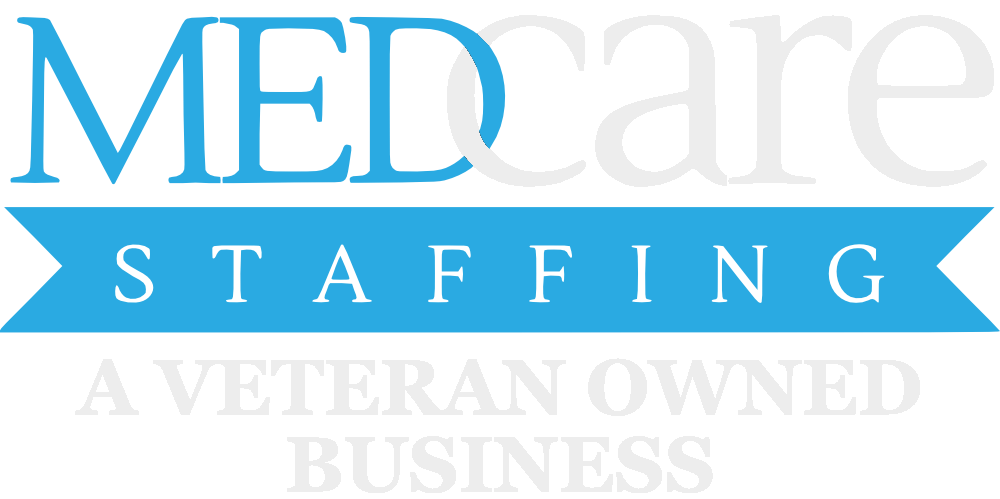
The hardest thing in the world to understand is the income tax.
-Albert Einstein
Tax season is here. It can be an overwhelming time for many healthcare providers. Especially if you are a private contracted employee.
Taxes are the biggest expense of your life
At one point in time, almost every healthcare provider in the United States has worked under a W2 status. Your employer took care of all your tax deductions and those included: state income tax, federal income tax, and social security tax. On pay day, you’d see a huge portion of your wages going to the taxman and you were left with some scraps.
Healthcare providers employed by a locum tenens agency are usually characterized as ‘independent contractors’ and will file their taxes under a 1099 status. Basically, no taxes are deducted from your paycheck by your employer. But that doesn’t mean you get to hit your favorite shoe store or casino on pay day. You still gotta pay Uncle Sam!
The Power of the 1099 status
Lowering your tax bill as much as possible ‘legally’ is the name of the game when it comes to filing your taxes as a 1099 status. Once you categorize yourself as an independent contractor under a 1099 status, you are still responsible for paying taxes at the end of the year. If you don’t plan accordingly, your tax bill at the end of the year can be a total shocker.
How can I lower what owe Uncle Sam every year?
Pure and simple, register yourself as a Limited Liability Company (LLC) and have your checks made out to your LLC instead of to you directly. An LLC is a business structure whereby the business owners are not personally liable for the company’s debts or liabilities. LLC’s are hybrid entities that combine the characteristics of a corporation with those of a partnership or a sole proprietorship.
LLC’s are incredibly popular. They provide the same liability as a corporation but are easier and much more cost efficient to run. Your LLC business is responsible for covering all expenses for running it.
What can you deduct as an LLC?
- Rental space or home office: a portion of your home mortgage can be deducted.
- Charitable giving
- Professional liability insurance
- Tangible property: property purchased for the LLC’s use
- Professional expenses: this includes professional licenses, engaging in professional development such as professional journals
- Meals and entertainment: half of the cost of meals and entertainment related to prospective business with customers. Meals with employees are deducted in full.
- Independent contractors: can be deducted in full.
- Automobile expenses, gas and mileage
- Travel for business
- Interest: if you use a credit card for your business expenses and purchases, the interest acquired can be deducted.
- Equipment
- Taxes incurred in business operations
- Advertising and promotion
- Office supplies
- Parking and meters
- Postage
- Education: this includes CE’s, CME’s and conferences.
How to start an LLC
There are several different ways to start an LLC. You can pay a third party like Legal zoom to do it for you. There are also various online companies that can offer you this service. It’s a simple process, you choose a name and pay a fee.
You can also start an LLC on your own. Go to your home states secretary of state’s website, create and account and fill out the allotted forms. Articles or organization can be provided to you with in 24-48 hours
The Pros of filing as a 1099 and starting your own LLC
An article published on the website EliteNP states “ a self-directed IRA or a 401k paid for by your company can result in significant retirement savings. The maximum contribution to a self-directed 401k is $56,000 a year compared to $18,500 for the W2 employee. This lowers your
taxable income.”
The Cons of starting an LLC
Profits are subject to social security and Medicare taxes. In some cases, the owner of an LLC may pay an increased amount of taxed than owners of a corporation. Salaries and profits of an LLC are subject to self-employment taxes which are equal to 15.3 percent.
Putting money aside for tax time
Ideally, if you are a 1099 private contractor and starting an LLC, you will want to put money aside to that when tax day rolls around, you are adequately prepared. Approximately 30 to 40 percent of your income should be set aside.
Side gigs will help
Providing another service under your LLC will help you get the most benefits. For example, you can provide consulting services, be a freelance writer, or open up a travel business and see a few clients per month. You are more than just a private contractor; you are a legitimate business.
Perhaps Benjamin Franklin said it best, “nothing is certain in this world except death and taxes.” Understanding what your tax benefits when working as a healthcare provider and categorized as private contractor who is filing your taxes under a 1099 status is key to success. The savings benefits of starting your own LLC with the addition of side businesses in the end will prove to be satisfactory.

